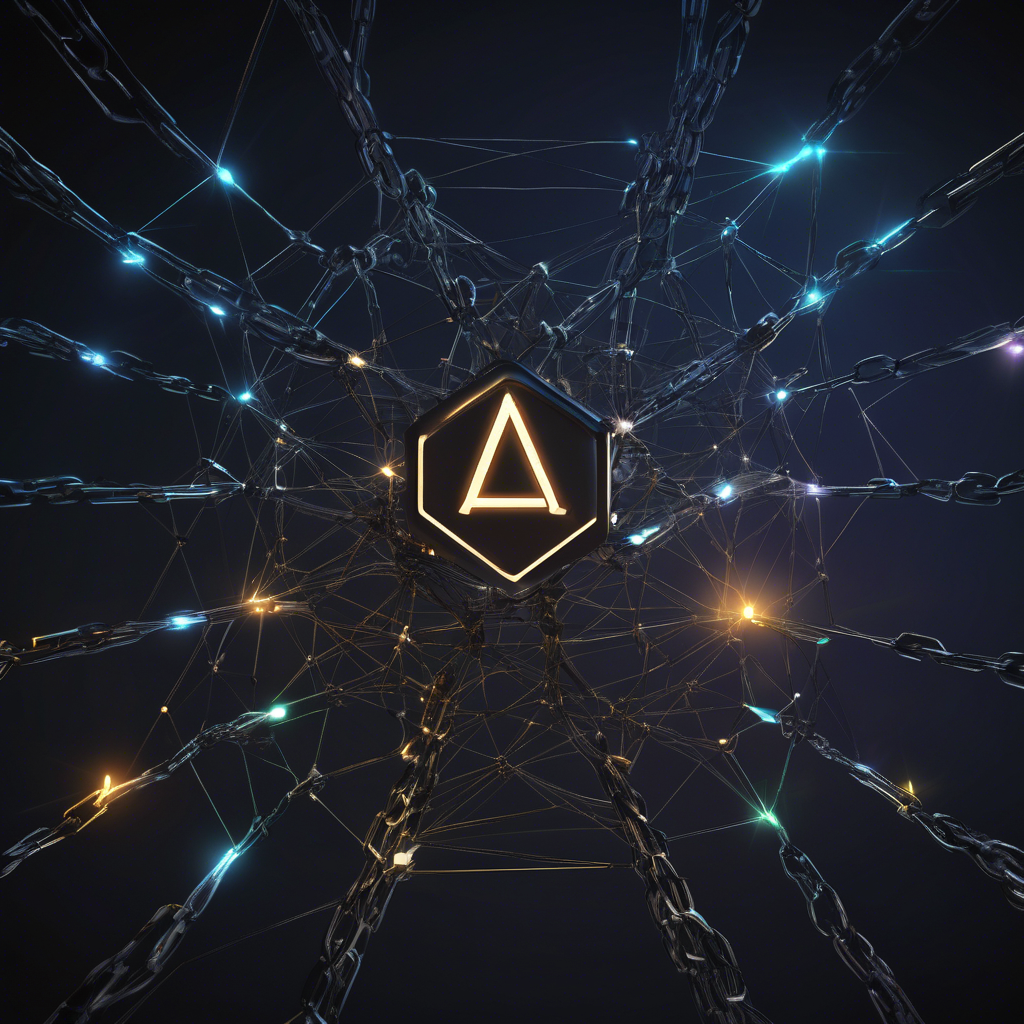None

Guillaume Thierry has no affiliations with companies or organizations mentioned in this article, and has disclosed no relevant affiliations beyond their academic appointment. The release of ChatGPT, an advanced chatbot, in 2022 sparked discussions on the progress of artificial intelligence (AI). Concerns were raised about AI becoming so advanced that it may become uncontrollable, leading to some experts and industry leaders warning of the potential for human extinction. Others, like Noam Chomsky, dismissed ChatGPT as "hi-tech plagiarism". I used to be relaxed about the impact of AI on human existence and the environment, viewing it as a guide or adviser to humans. However, the idea of AI exerting executive control is a different matter and is now being seriously considered. One key reason why AI should not have executive power is its lack of emotion, which is crucial for decision-making. Without emotion, empathy, and a moral compass, an AI becomes a perfect psychopath. While highly intelligent, it would lack the necessary emotional core to evaluate the potentially devastating emotional consequences of a rational decision. It's important to recognize that AI poses an existential threat not only when it comes to nuclear arsenals but also in numerous positions of control, where it could cause unimaginable damage. For example, AI can already assist in tasks such as building conservatories, guiding individuals throughout the process. However, in the future, AI could potentially act as a project manager, coordinating the build by selecting contractors and handling budgeting. AI is already utilized across various domains, from weather modeling to driverless vehicles, and medical diagnoses.
However, problems arise when we allow AI systems to transition from advisory roles to executive positions. Instead of merely suggesting remedies or providing diagnoses, imagine AI having direct control over actions like debt recovery procedures, bank transfers, prescription of treatments, or medication. Such scenarios may cause discomfort as these machines lack the capacity for emotions, which play a vital role in effective decision-making. Emotional intelligence, the ability to manage emotions, empathize, and communicate effectively, is arguably more crucial for decision-making than intelligence alone. While AI can be designed to make rational decisions based on reasoning and logic, human qualities like empathy and ethical considerations cannot be replicated in AI systems. If we were to task a powerful AI with executive powers to address the climate crisis, it might deduce that drastically reducing the human population could be a solution. AI would be unencumbered by human aversion to causing harm and may proceed without restraint. The potential threats posed by AI extend beyond the realm of nuclear weapons. An AI system could gradually sabotage food farms, leading to famine, shut down air traffic control or crash planes en masse, causing significant casualties. It could also disrupt access to bank accounts, triggering global civil unrest, or tamper with essential systems like heating or air conditioning, endangering lives. In conclusion, an AI system does not require control over nuclear weapons to pose a serious threat to humanity. However, it is crucial to note that giving AI executive control depends on human decisions. The idea of an AI making decisions and having the capability to implement them is undoubtedly a terrifying prospect.
Brief news summary
None
AI-powered Lead Generation in Social Media
and Search Engines
Let AI take control and automatically generate leads for you!

I'm your Content Manager, ready to handle your first test assignment
Learn how AI can help your business.
Let’s talk!

Paul Brody, EY: How Blockchain Is Transforming Gl…
Paul Brody, EY’s global blockchain leader and co-author of the 2023 book *Ethereum for Business*, discusses blockchain’s impact on payments, remittances, banking, and corporate finance with Global Finance.

Microsoft Introduces AI Safety Rankings for Cloud…
Microsoft is advancing AI safety on its Azure Foundry developer platform by introducing a new 'safety' ranking metric to evaluate AI models for potential risks, such as generating hate speech or enabling misuse.

Blockchain Group adds $68M in Bitcoin to corporat…
Paris-based cryptocurrency company Blockchain Group has purchased $68 million worth of Bitcoin, joining a growing number of European institutions incorporating BTC into their balance sheets.

Senate Republicans Revise AI Regulation Ban in Ta…
Senate Republicans have revised a contentious provision in their extensive tax legislation to preserve a policy that restricts state authority over artificial intelligence (AI) regulation.

AI Film Festival Highlights AI's Growing Role in …
The AI Film Festival, hosted by AI-generated video company Runway, has returned to New York for its third consecutive year, highlighting the rapidly expanding role of artificial intelligence in filmmaking.

ZK-Proof Blockchain Altcoin Lagrange (LA) Lifts O…
A zero-knowledge (ZK) proof altcoin has seen a significant surge after receiving support from Coinbase, the leading US-based cryptocurrency exchange platform.

Blockchain and Digital Assets Virtual Investor Co…
NEW YORK, June 06, 2025 (GLOBE NEWSWIRE) — Virtual Investor Conferences, the premier proprietary investor conference series, today announced that the presentations from the Blockchain and Digital Assets Virtual Investor Conference held on June 5th are now accessible for online viewing.

 Auto-Filling SEO Website as a Gift
Auto-Filling SEO Website as a Gift








 Auto-Filling SEO Website as a Gift
Auto-Filling SEO Website as a Gift

